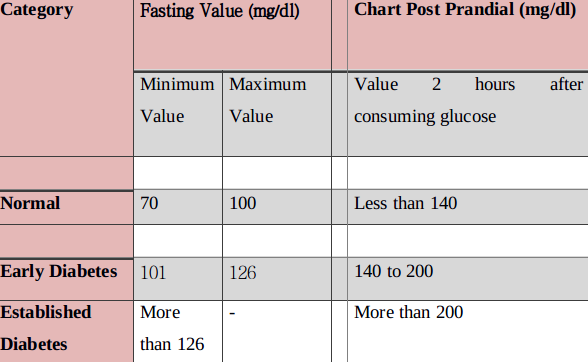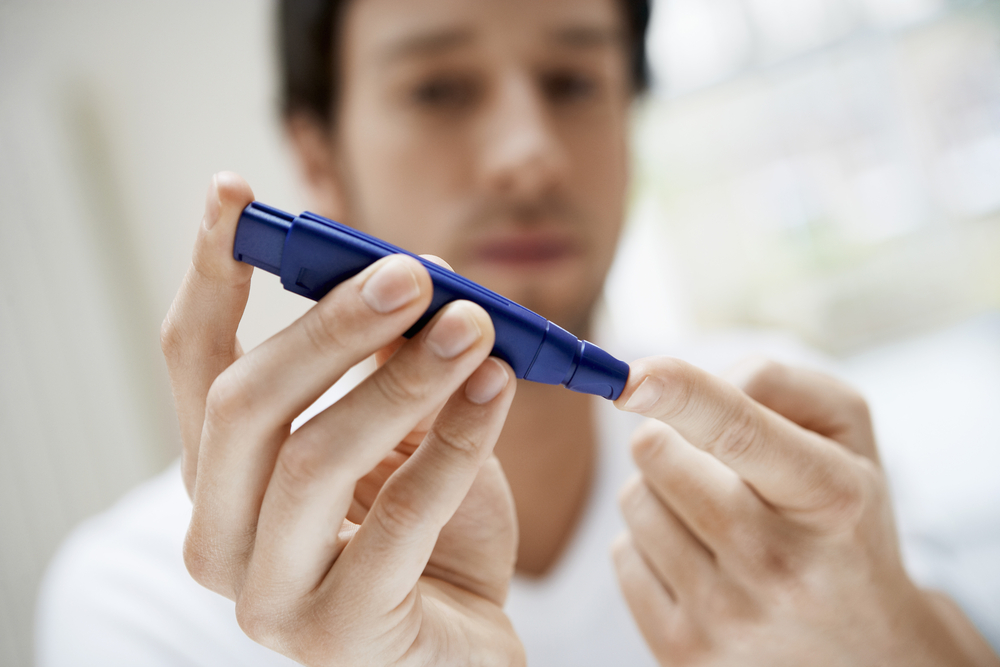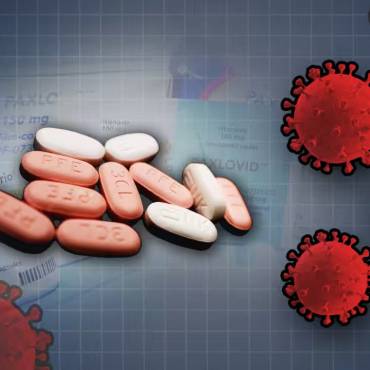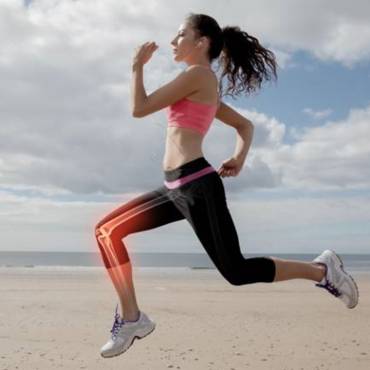Diabetes has been diagnosed in more than 18 million Americans, according to the American Diabetes Association. The term diabetes refers to a group of metabolic diseases that affect the way our body utilizes glucose. Glucose is the blood sugar which is vital to provide energy for normal physiological functions. The blood sugar glucose is the main source of energy for all of the cells and tissues in your body. Diabetes is a consequence of various activities like not eating enough food or skipping meals, taking too much medicine (insulin or pills), exercising more than usual or alcohol consumption. You can check your blood sugar level with the reference of this chart Source: medindia.net
Source: medindia.net
Any abnormal change in level of glucose in blood may lead to diabetes. When the glucose level gets high the condition is known as Hyperglycaemia and when it gets lowered than required then it causes hypoglycaemia. In this article we will learn how to Improve Blood Sugar Control.
1. Don’t skip the meals.
Glucose level normally rises after eating a meal, and that in turn triggers insulin production, which helps the cells to convert glucose into energy. If we skip meals or don’t eat for several hours, then our body utilizes glucose released from the liver that causes the drop in the glucose level in the blood and limits the glucose availability for cells.
2. Limit the sugar consumption
Sugar gets absorbed in the body more readily and quickly than other form of carbohydrates, and limiting the consumption of sugar in the food will improve blood sugar dramatically.
3. Evaluate carbohydrate in diet
Carbohydrate is the main source of energy. When we eat carbohydrates, this carbohydrate is broken down into glucose, the simplest sugar known. Glucose is then transferred into bloodstream, where it signals the release of insulin from the pancreas. The cells in the pancreas produce insulin properly, but the body’s cells cannot utilize it properly. In certain cases of diabetes, the liver doesn’t properly sense that the blood has ample glucose already, so it continues to produce more, hence the blood sugar level is increased and this causes hyperglycaemia. Therefore, diabetic patients should eat less amount of carbohydrates if he has high sugar level.
4. Try meal replacements with healthy snacks
People with diabetes can munch on the bars or protein and fruity shakes. Such supplements are formulated to yield energy but keep the blood sugar level under control. In this way, the energy will be yielded from healthy carbohydrates.
5. Alcohol: a big NO
Alcohol interferes with the liver’s ability to raise blood glucose and can cause low blood glucose (hypoglycaemia). When alcohol is consumed, the liver works on breaking down of alcohol, hence the sugar level in blood is dropped. Therefore, people with diabetes should cut down on alcohol consumption.
6. Drink calorie free beverages and stay hydrated
When a person has high content of sugar in the blood, then he may suffer from excessive urination tendency. A person can take calorie free beverages like water, unsweetened teas, coffee, diet sodo. Although, this will not improve blood sugar level but by doing so one can avoid dehydration and an aggravation of the diabetic condition by cutting down on calories.
7. Splash a Little Vinegar in daily meals
Adding 1-2 tablespoons of vinegar to salad or to cooked vegetables may slow the post meal surge in blood glucose by as much as 40 percent. Nobumasa Ogawa, Ph.D., of Tokyo University in Tokyo, has discovered that the acetic acid in vinegar inhibits the activity of several carbohydrate-digesting enzymes; including amylase, sucrase, maltase, and lactase as a result, some sugars and starches do not get digested because of this property of vinegar. This is particularly helpful for patients with high level of sugar in blood, but hypoglycaemic patients should avoid it.
8. Ask the doctor and adjust the Medication
At times when glucose level is constantly running high, glucose lowering medicines can be increased to regular prescription with the doctors’ recommendation or the existing one can be replaced by the new one giving better results than the previous one, this tip can help because pancreas has a dwindling supply of insulin being made. Don’t adjust your medications without first discussing it with your doctor.

9. Exercise and utilise energy
Exercise is positively correlated with the blood sugar level. When you exercise, your body needs extra energy and that is provided by break down of the carbohydrate molecules. Moderate exercises takes up glucose at up to 20 times the normal rate. Glucose is a requisite even in less intense exercises. If you do not have much time to spare on exercise, then you can sneak short walks after lunch and dinner, take stairs instead of elevators.
Related: 10 Common Diabetes Myths BUSTED!
10. Lack of sleep and diabetes often go hand in hand
Quality sleep is very important. Lack of sleep or poor sleeping habits can disturb the hormonal system, leading to increased appetite and most of the people who are deprived of quality sleep don’t consume fruits and vegetables, rather they tend to crave more carbohydrate foods which in turn promote excess glucose formation in body. Experts also believe that chronic sleep deprivation may lead to increase in level of cortisol, a stress hormone. Elevated cortisol promotes resistance to insulin and the body is not able to use the hormone insulin properly to transfer glucose to cells for liberation of energy. Further loss of sleep also reduces the levels of another hormone called leptin, which is responsible for suppressing the appetite while boosting levels of ghrelin, an appetite stimulant.
11. Some plant helpful for Diabetes
Some studies suggest that some plants, fruits, juices and extract might improve glucose tolerance and help in curing diabetes. Some people in India and other parts of Asia claim that bitter gourd and bitter melon lower blood sugar. According to the Natural Medicines comprehensive database, taking guar gum also helps in reducing the blood sugar and cholesterol.
13. Medicines for Diabetes
- Medicines for Type I Diabetes: The patients with diabetes type 1 must take insulin because their body can no longer produce it.
- Medicines for Type II Diabetes: This diabetes starts when the body does not use insulin produced in body and becomes insulin resistant and is a common type of diabetes. If the body can’t keep up with the need for insulin, you may need diabetes medicines. Most people are recommended metformin.
14. Diabetes and Obesity are interdependent
International Diabetes Foundation says that the people who are diagnosed with type II diabetes, about 80 to 90 percent of them are also diagnosed as obese. When you are obese, then your body becomes resistant to insulin, increasing the level of glucose in the blood. If you already have diabetes, then you will take even more insulin to get sugar into your cells and hence will suffer with diabetes (Type I) and if you don’t have diabetes, then because of obesity, body is not able to utilise insulin, leading to diabetes (Type II). So it is better to prevent obesity to prevent diabetes. Exercise and a healthy diet rich in fiber, vitamins and fluid is often the best medicine.
Aslo Read: Fighting Diabetes With Chocolates, Berries And Wine!
If you found this article helpful, then spread it around so others can have a read as well.



